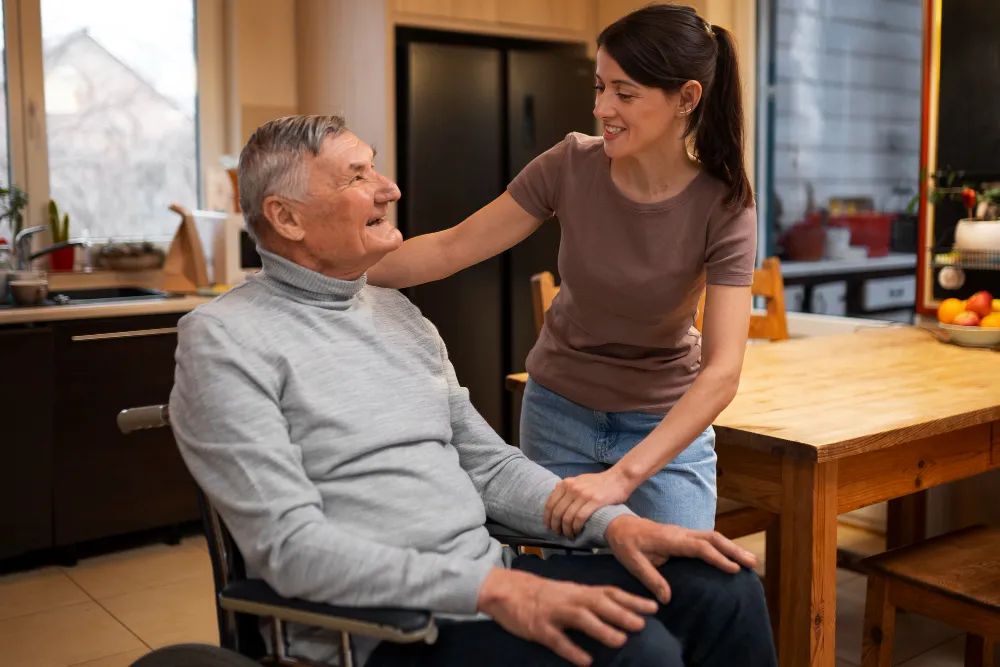
Ayurveda, the ancient Indian science of life and healing, offers a holistic approach to recovery and rehabilitation, including strategies specifically suited for post-stroke cognitive rehabilitation. According to Ayurvedic principles, the mind and body are deeply interconnected, and healing must address both mental and physical dimensions to restore balance. In the context of Post Stroke Cognitive Rehab, Ayurveda focuses on strengthening the nervous system, improving memory, and enhancing mental clarity through a combination of herbs, dietary guidance, lifestyle practices, and therapeutic treatments. This article will explore how Ayurvedic strategies can support cognitive recovery, improve well-being, and aid in restoring balance after a stroke.
Understanding Stroke from an Ayurvedic Perspective
In Ayurveda, a stroke is often categorized under “Pakshaghata” or paralysis, primarily affecting Vata dosha, the energy governing movement, circulation, and nerve impulses. Imbalances in Vata can lead to cognitive impairments, including memory loss, reduced focus, and diminished mental clarity. Ayurvedic treatments for Post Stroke Cognitive Rehab aim to restore the balance of Vata, nourish brain tissues, and promote the natural healing processes of the body.
The Role of Ayurveda in Post Stroke Cognitive Rehab
Ayurvedic cognitive rehabilitation emphasizes a gentle, nurturing approach. Ayurvedic treatments, herbs, dietary practices, and therapies focus on healing the nervous system, rejuvenating brain cells, and balancing body energies. In Post Stroke Cognitive Rehab, Ayurveda targets mental clarity, memory, and focus, essential for restoring quality of life.
Key Ayurvedic Strategies for Post Stroke Cognitive Rehab
An Ayurvedic approach to Post Stroke Cognitive Rehab includes specific herbs, mind-calming practices, diet modifications, and therapeutic treatments:
- Rasayana (Rejuvenation Therapy): This therapy nourishes body tissues, restores vitality, and enhances mental clarity.
- Medhya Rasayanas (Brain Tonics): These are specific Ayurvedic herbs that improve memory, concentration, and overall cognitive function.
- Abhyanga (Therapeutic Massage): A warm oil massage that calms the nervous system and reduces Vata dosha imbalances.
These strategies focus on revitalizing mental faculties while soothing the nervous system, creating a foundation for holistic healing and recovery.
Medhya Rasayanas: Herbal Remedies for Cognitive Function
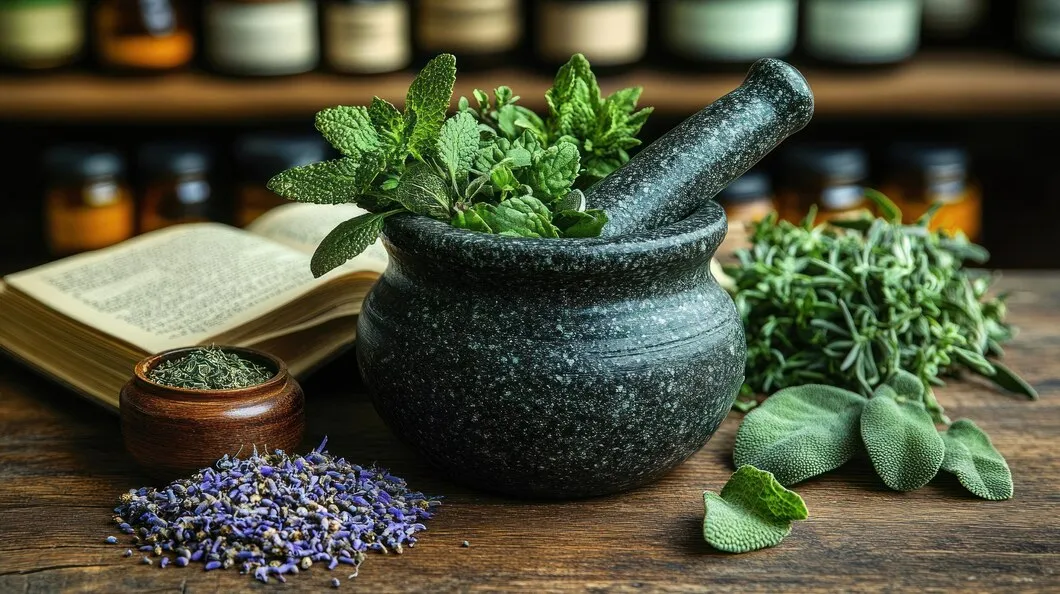
Ayurveda offers various Medhya Rasayanas, or brain tonics, to support cognitive health and aid in Post Stroke Cognitive Rehab:
- Brahmi (Bacopa monnieri): Known for its memory-boosting properties, Brahmi enhances cognitive abilities and reduces mental fatigue.
- Shankhapushpi (Convolvulus pluricaulis): This herb promotes relaxation and improves memory and concentration.
- Ashwagandha (Withania somnifera): With neuroprotective properties, Ashwagandha strengthens brain cells and reduces stress.
- Gotu Kola (Centella asiatica): Known to improve memory and clarity, Gotu Kola is widely used in cognitive rehabilitation.
These herbs restore mental clarity, improve memory, and reduce cognitive impairments naturally, and they are safe for long-term use.
Dietary Practices for Cognitive Recovery in Ayurveda

A balanced diet is crucial in Ayurveda for maintaining cognitive health, especially after a stroke. An Ayurvedic diet for Post Stroke Cognitive Rehab emphasizes nourishing, warm, and easy-to-digest foods that stabilize Vata:
- Healthy Fats: Ghee (clarified butter) and sesame oil nourish brain tissues and improve memory.
- Nuts and Seeds: Almonds, walnuts, and flaxseeds contain essential fatty acids that support brain health.
- Warm, Cooked Foods: Warm soups, stews, and whole grains like rice and quinoa are grounding and easy on the digestion.
A nutrient-rich diet helps in revitalizing the nervous system, aiding cognitive rehabilitation, and reducing stress on the body.
Abhyanga (Ayurvedic Massage) for Calming the Nervous System
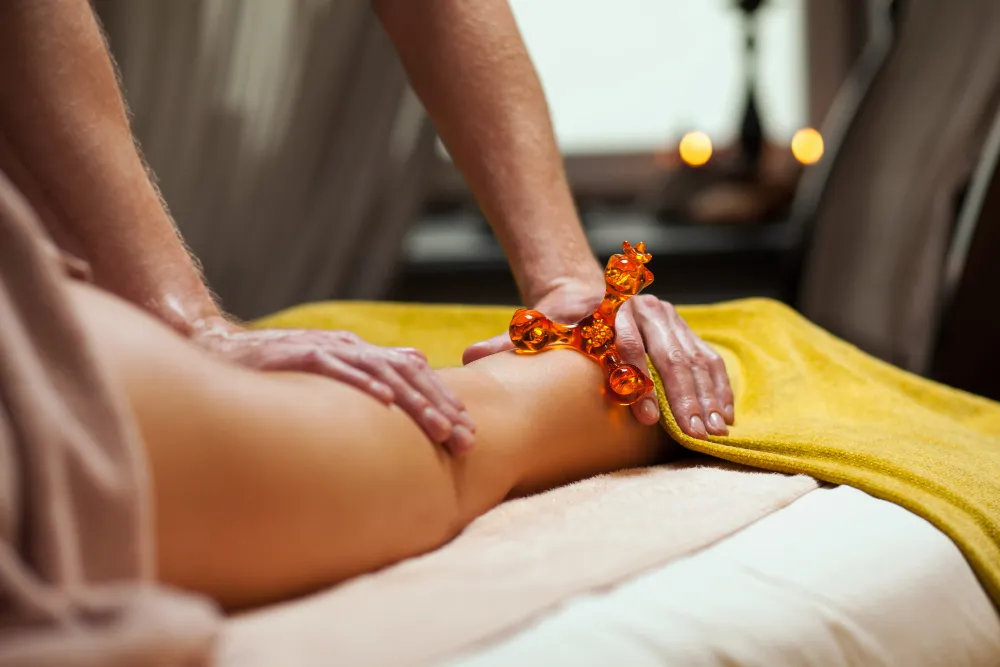
Abhyanga, a warm oil massage, is highly recommended in Ayurveda to calm Vata and reduce stress. This soothing massage therapy is an excellent way to support Post Stroke Cognitive Rehab:
- Herbal Oils: Medicated oils, such as Mahanarayan oil or Bala oil, penetrate the skin and have a calming effect on the nervous system.
- Improving Circulation: Abhyanga improves blood flow to the brain, promoting oxygen and nutrient delivery.
- Reducing Muscle Tension: The massage helps relieve muscle stiffness and encourages relaxation, aiding in cognitive clarity.
Abhyanga is particularly beneficial when done regularly, as it not only improves circulation but also supports mental relaxation and focus.
Yoga and Pranayama for Cognitive Rehabilitation
Incorporating Yoga and Pranayama (breathing exercises) helps balance Vata and improve mental resilience:
- Gentle Yoga Poses: Movements like Tadasana (Mountain Pose), Vrikshasana (Tree Pose), and Bhujangasana (Cobra Pose) are grounding and energizing, promoting better circulation and mental stability.
- Pranayama Practices: Techniques such as Nadi Shodhana (alternate nostril breathing) and Bhramari (humming bee breath) calm the mind, reduce stress, and enhance focus.
These practices are particularly effective when done daily, creating a sense of mental clarity, calmness, and improved cognitive function over time.
Panchakarma: Ayurvedic Detoxification for Cognitive Health
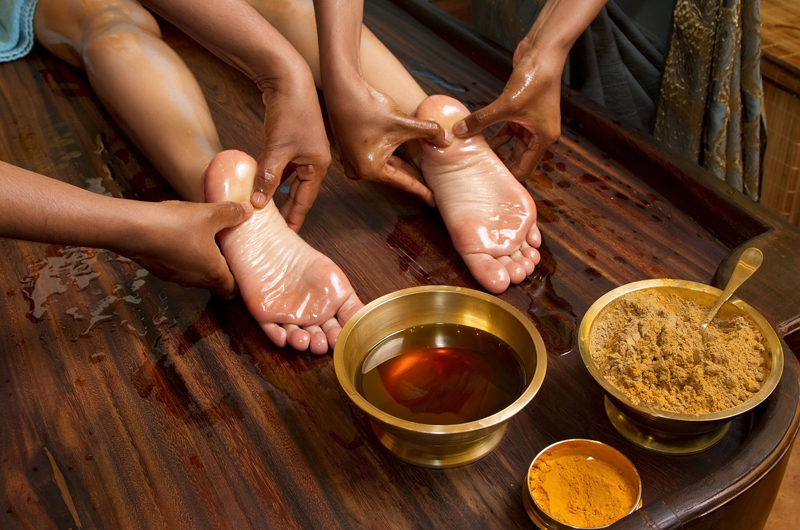
Panchakarma, a traditional Ayurvedic detoxification method, is a powerful way to cleanse the body and reset mental health post-stroke:
- Virechana (Purgation): This detox method reduces excess Vata, clearing mental and physical toxins.
- Nasya (Nasal Therapy): Nasya involves administering medicated oils into the nostrils, clearing sinus passages, and stimulating brain function.
- Shirodhara: A relaxing treatment where warm oil is poured over the forehead to relieve mental stress and improve focus.
These therapies are best administered under the guidance of a trained Ayurvedic practitioner, as they require careful preparation and individualized assessment.
Enhance Cognitive Abilities With Meditation and Mindfulness
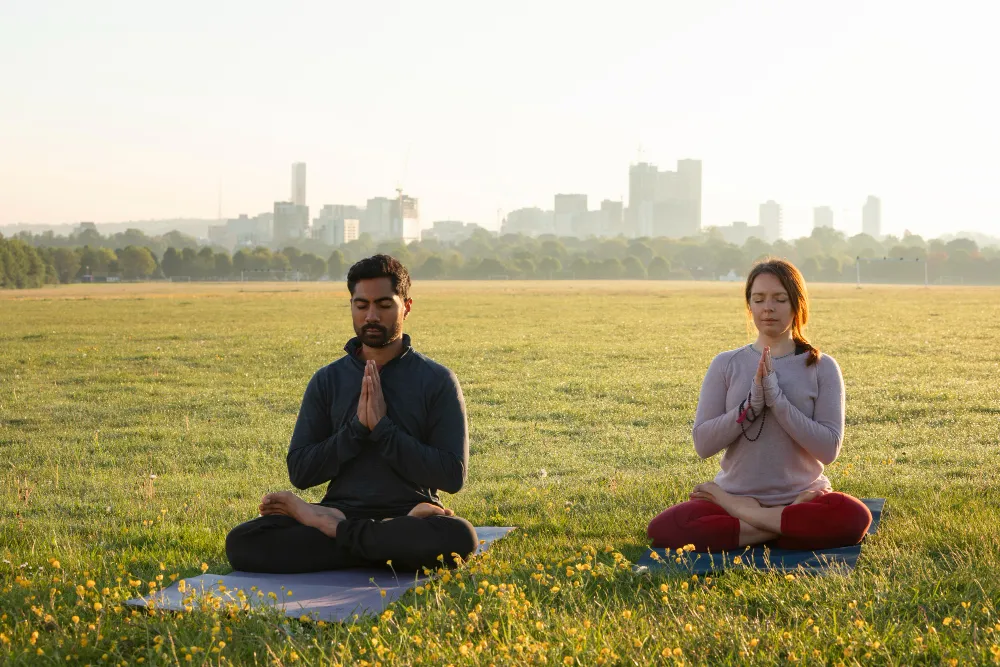
Meditation is highly valued in Ayurveda for its ability to calm the mind, balance emotions, and restore cognitive functions:
- Guided Meditation: Practicing meditation with visualizations of natural scenes or soothing imagery can promote mental relaxation.
- Mantra Chanting: Repeating a calming mantra, like “Om,” is known to stabilize Vata and increase concentration.
- Mindfulness Exercises: Practicing mindfulness, such as focusing on breathing or observing one’s thoughts without judgment, can improve mental clarity and reduce stress.
Meditation is a transformative tool for Post Stroke Cognitive Rehab as it fosters peace of mind, emotional balance, and enhanced focus.
Ayurvedic Daily Routine (Dinacharya) for Cognitive Wellness
Establishing a daily routine, or Dinacharya, is a powerful Ayurvedic practice that brings consistency and grounding to the day:
- Morning Rituals: Starting the day with warm water, followed by gentle yoga, and breathing exercises help awaken and energize the mind.
- Scheduled Meal Times: Eating meals at regular intervals stabilizes digestion and maintains energy.
- Restful Sleep: Establishing a sleep routine to get adequate rest at night is crucial for brain recovery.
A structured routine provides stability and balance, which is essential for supporting cognitive rehabilitation post-stroke.
Sattvic Diet for Mental Clarity
Ayurveda recommends a Sattvic diet, which emphasizes fresh, natural, and nutrient-rich foods that promote mental clarity:
- Fruits and Vegetables: Seasonal fruits, green leafy vegetables, and root vegetables nourish the brain and body.
- Whole Grains: Oats, rice, and millets provide sustained energy, grounding Vata.
- Herbal Teas: Teas like Brahmi, Ashwagandha, or ginger can improve memory and reduce mental fatigue.
A Sattvic diet supports mental purity, enhances memory, and aids cognitive recovery.
Family and Social Support in Ayurvedic Cognitive Rehab
In Ayurveda, emotional well-being is key to healing, and the support of family and friends plays a vital role in rehabilitation:
- Encouragement and Positivity: Positive reinforcement from family uplifts the survivor’s spirits.
- Community and Social Interaction: Ayurveda values the role of community in emotional healing, supporting cognitive improvement through regular, positive social interaction.
Social support complements the therapeutic aspects of Post Stroke Cognitive Rehab, creating a well-rounded, balanced healing environment.
Tracking Progress in Ayurvedic Cognitive Rehabilitation
Progress in Ayurveda is tracked holistically, taking note of physical, mental, and emotional improvements:
- Physical and Mental Assessments: Regularly assessing cognitive improvements in memory, attention, and focus.
- Energy Levels and Sleep Quality: Monitoring these factors reflects progress in Vata balance.
- Emotional Stability: Observing improvements in mood and resilience indicate a positive trajectory.
Tracking progress reinforces confidence and encourages the continuation of rehabilitative practices.
Conclusion
Ayurveda provides a comprehensive, natural approach to Post Stroke Cognitive Rehab by addressing cognitive, physical, and emotional healing. Through the use of brain-nourishing herbs, balanced diets, therapeutic massage, and a structured routine, stroke survivors can rebuild their cognitive abilities while fostering a sense of peace and mental clarity. With family support, regular practice, and dedication, the Ayurvedic approach to cognitive rehab offers a fulfilling, holistic pathway to recovery.
FAQs
Ayurvedic herbs like Brahmi, Ashwagandha, Shankhapushpi, and Gotu Kola improve memory, focus, and mental clarity, supporting post-stroke cognitive rehabilitation.
Ayurveda sees stroke as a Vata imbalance that affects the nervous system. It focuses on calming Vata through diet, herbs, and therapies to promote recovery.
Yes, Ayurvedic treatments are natural and safe when incorporated with proper guidance from a qualified Ayurvedic practitioner.
A balanced diet grounds Vata, nourishes brain tissues, and enhances cognitive function, which is essential for rehabilitation.
Ayurvedic treatments are generally safe for most stroke survivors. However, individuals should consult with a qualified Ayurvedic practitioner to tailor treatments to their specific health needs and conditions.




